10 Terrifying Things Killer Whales Are Learning to Do Now
The toothed whales have become increasingly more violent over the years.
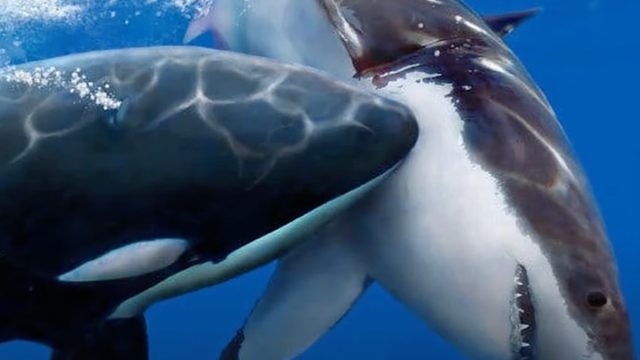
Orcas, aka “killer whales,” have been getting a lot of attention lately – but not for the usual reasons. According to experts and multiple news reports, the toothed whales, which actually belong to the oceanic dolphin family, are demonstrating some pretty violent behavior. A new feature in Scientific American examines the phenomenon and reveals some of the terrifying new things they have learned to do.
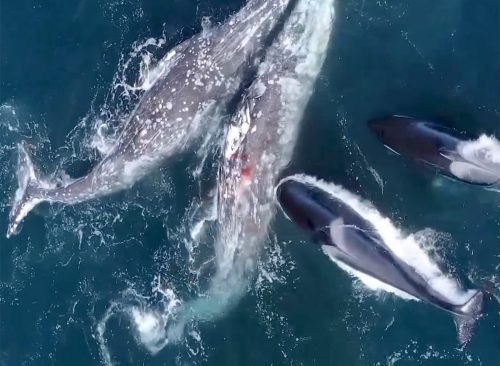
In March 2019, a dozen orcas ganged up on one of the biggest creatures on Earth – the blue whale – and not only killed it but feasted on it as well. The horrific incident occurred in southwestern Australia and was witnessed by scientists, who watched them devour “huge chunks of flesh from the flanks of an adult blue whale, which died an hour later.”
2
“They Have Their ‘Preferred Cuts of Meat”
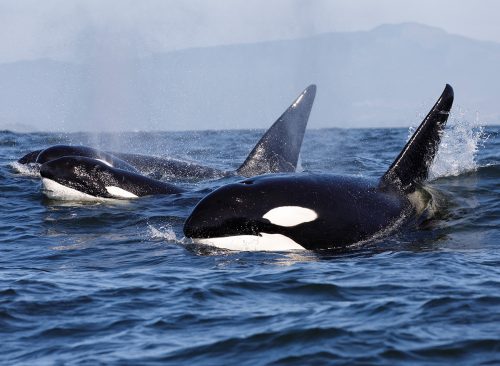
There have been other similar attacks. In March 2019, in two separate incidents, orcas attacked a blue whale calf and juvenile, pushing them below the surface to suffocate them. “Killer whales are like humans in that they have their ‘preferred cuts of meat,'” Robert Pitman, a marine ecologist at Oregon State University’s Marine Mammal Institute, told Live Science in an email. “When preying on large whales, they almost always take the tongue first, and sometimes that is all they will feed on.”
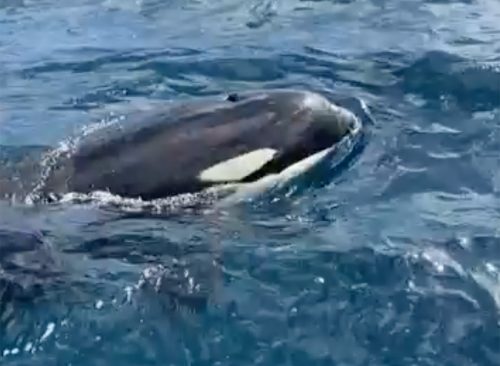
According to scientists, they are also kidnappers. Recently, orcas were spotted abducting baby pilot whales.
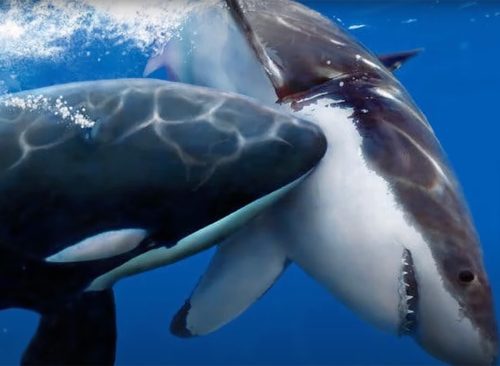
Live Science also claims that orcas are “tearing open sharks to feast on their livers.” They cite an incident that occurred off the coast of South Africa in which two males — nicknamed Port and Starboard — kill sharks to extract their livers.
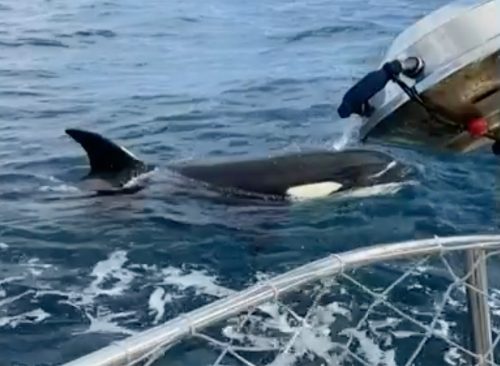
Off the coast of Spain and Portugal, there have been several instances in which a small group of orcas has begun ramming and sinking boats.
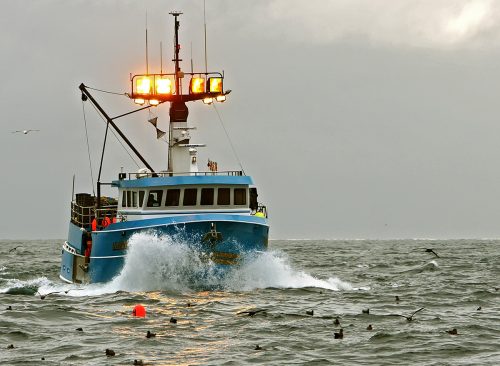
Orcas have also learned how to poach fish caught for human consumption from the longlines used in commercial fisheries.
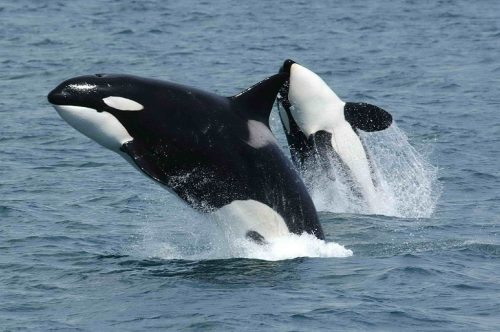
In Alaska, orcas are dining on groundfish caught by bottom trawlers. Unfortunately, some of them end up entangled in fishing gear and are killed.
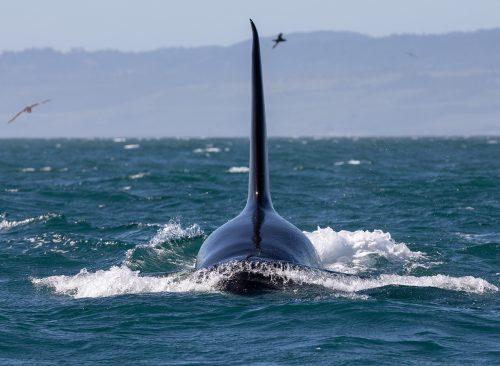
There is one endangered population of salmon-eating orcas off the North Pacific coast, referred to as the Southern Resident population, which don’t eat mammals. However, in the past 60 years, they have started playing a game where they look for young porpoises, sometimes with the umbilical cords still attached, and play with them to death, tossing them to one another like a ball. “In some cases, you’ll see teeth marks where the [killer] whale was clearly gently holding the animal, but the animal was trying to swim away, so it’s scraping the skin,” Deborah Giles, an orca researcher at the University of Washington and the nonprofit Wild Orca told Live Science. “Sometimes they’ll let the porpoise swim off, pause, and then go after it,” Giles said.
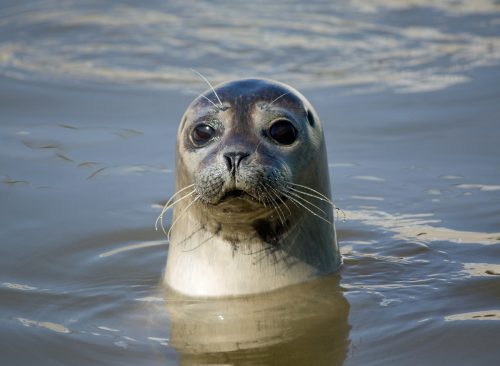
In Antarctica, a population of orcas typically preys on Weddell seals by washing them off ice floes. However, due to rising temperatures, the ice is melting. So, they have adapted their hunting and are now catching leopard seals and crabeater seals and are “a little bit more feisty.”
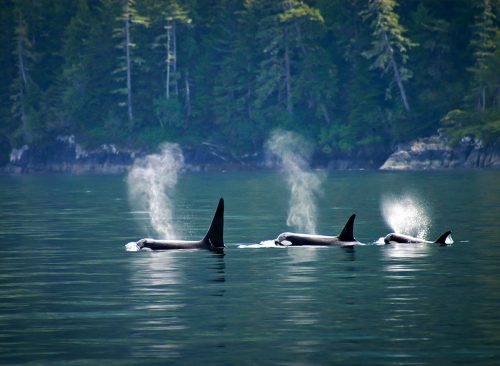
“These are animals with an incredibly complex and highly evolved brain,” Giles explains. “They’ve got parts of their brain that are associated with memory and emotion that are significantly more developed than even in the human brain.”
RELATED: 90% of People Who Die From COVID Have This in Common
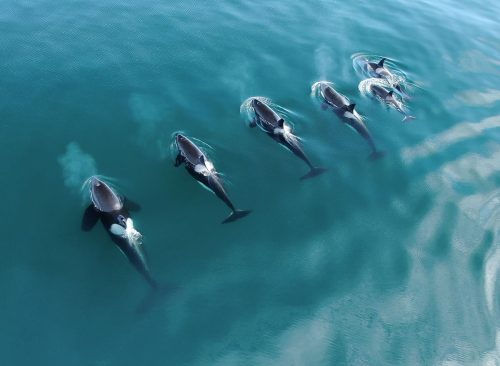
Josh McInnes, a marine ecologist who studies orcas at the University of British Columbia, adds that “Behavioral change can influence anatomical change in an animal or a population” but only over thousands of years of evolution. He maintains that the animals are fast learners and become “smarter” as a group.














